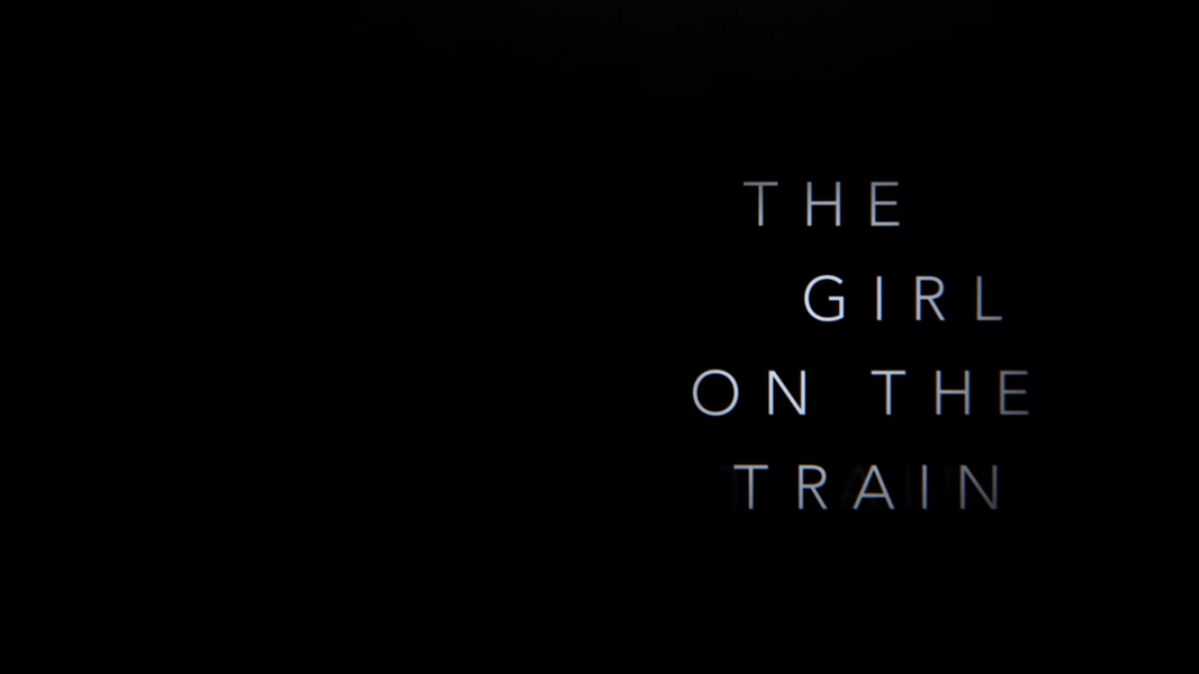Review: ‘The Girl on the Train’ proves why books are better than their films
 Supplied
SuppliedThe Girl on the Train novel: a necessary reminder about what it’s like to be completely engulfed in a suspenseful page-turner. The Girl on the Train film: incompetent female characters trying to outshine other incompetent female characters, oh and people are murdered.
The Girl on the Train chronicles a depressed alcoholic Rachel on her daily commute to and from London on the train. Out of the window, she sees her old life — the house she used to live in, the husband she used to have, and the family she almost had before it was destroyed by his new wife Anna. She also watches a couple a few houses down throughout their daily activities, imagining how perfect their lives are and wishing she had that too until she sees the wife Megan cheating on her perfect husband. It’s the night Rachel becomes intoxicated and blacks out that Megan goes missing.
I have a really hard time trying to imagine that original novels and film adaptations can be equally good. Maybe it’s an English major problem, or maybe it’s just reality. Either way, I always prefer the book to its movie. I wanted so desperately for this not to be the case with The Girl on the Train — I wanted it to prove me wrong because the trailer looked promising. I wanted it to come close to David Fincher’s film adaptation of Gillian Flynn’s Gone Girl. But it didn’t. Tate Taylor’s film adaptation of Paula Hawkins’ The Girl on the Train proved me right.
I read through Hawkins’ novel in less than 24 hours. It’s suspenseful, intriguing, and the characters have complex personalities and problems that keep you grappling with the idea of empathizing with them or simply hating them. It’s told from three female characters’ first-person perspectives in a kind of strange documentation that varies from “Morning” accounts to “Evening” but is not really written as diary entries. It’s not nearly as good as Flynn’s Gone Girl, but the similarities in suspense and female character complexities are overwhelming. Otherwise, The Girl on the Train is more predictable, less shocking, and kind of a strange attempt at encouraging girl power.
For me, the characters are the best part of the novel. They’re all disturbed, they all have issues, and they’re all pretty unlikable — it’s a brilliant ploy to confuse readers. If they don’t have a drinking problem, anger issues, if they’re not manipulative, or a mistress, they’re not important characters. These kinds of characters take time to fully develop, and it takes time to delve into their personalities. But the movie ignores all of that.
There is zero character development in the film. You simply don’t have a chance to even consider empathizing with these characters because you learn all their deepest, darkest secrets before you learn their names. It’s depressing watching these flat personalities parade around on screen in some sort of underachieved psychological thriller. They single-handedly destroy the believability and entertainment factor of the story.
Intense scenes from the novel are either crammed together in a confusing, fast-paced conglomeration of events or eliminated entirely. The film is filled with a lot of nothing. I mostly recall half-developed voice-overs and awkward silences that were probably intended to accelerate the plot or build suspense but are actually pointless shots of characters aimlessly wallowing in their own emptiness. It attempts to be dramatic and suspenseful but ends up being anticlimactic. I momentarily fell asleep.
In addition, the novels’ facts are skewed: the setting and characters are Americanized, but Rachel still has a British accent; the therapist is supposed to be tall and Slavic but is average hight and Latin; the dialogue is misquoted; and Megan looks like Kesha.
Sure, my reference point is the novel, so maybe I just had decently high expectations. But despite its intricate details, the film is a voyeuristic mess that fails to make viewers feel anything. So, if you’re going to indulge in this plot, I’d recommend sticking to the book. But if you’re planning to see the movie, go to the VIP theatre so at least you can guzzle bottles of wine and black out so you don’t have to remember what you just watched.




